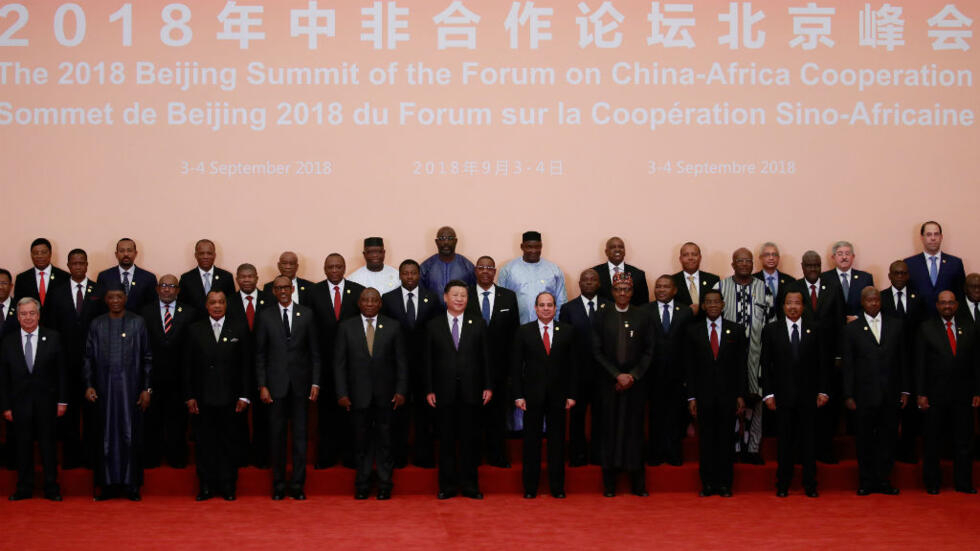Chinese President Xi Jinping pledged on Thursday to significantly increase China’s support for Africa, promising nearly $51 billion in funding over three years, backing for more infrastructure projects, and the creation of at least one million jobs. The announcement came during the three-yearly Forum on China-Africa Cooperation Summit in Beijing, where delegates from more than 50 African nations gathered.

Xi emphasized the importance of China-Africa relations, stating, “China and Africa account for one-third of the world population. Without our modernization, there will be no global modernization.” Despite his previous emphasis on “small and beautiful” schemes, Xi committed to tripling the number of infrastructure projects across resource-rich Africa, focusing on advanced and green technologies in which Chinese firms have heavily invested.
The financial assistance package totals 360 billion yuan ($50.70 billion), with 210 billion to be disbursed through credit lines and at least 70 billion in fresh investment by Chinese companies. Smaller amounts will be provided through military aid and other projects. Notably, this assistance will be in yuan, potentially indicating a push to further internationalize the Chinese currency.

Following the opening ceremony, delegates adopted the Beijing Declaration on building “a shared future in the new era” and the Beijing Action Plan for 2025-2027. Xi called for a China-Africa network of land and sea links and coordinated development, urging Chinese contractors to return to the continent now that COVID-19 restrictions have been lifted.
While Xi did not explicitly mention debt in his speech, the Action Plan included terms for repayment postponements and called for the establishment of an African rating agency. United Nations Secretary-General Antonio Guterres warned that African countries’ inadequate access to debt relief and scarce resources could lead to social unrest.

Xi announced plans to launch 30 clean energy projects in Africa, offering cooperation on nuclear technology to address the continent’s power deficit. However, he did not reiterate his 2021 pledge to buy $300 billion worth of African goods, instead promising only to unilaterally expand market access. Analysts attribute this to China’s strict plant sanitary check rules, which have made it difficult to meet previous import promises.
The forum outlines a three-year program for China and every African state except Eswatini, which maintains ties with Taiwan. Last year, China approved loans worth $4.61 billion to Africa, marking the first annual increase since 2016.

African representatives at the summit expressed optimism about strengthening ties with China. Princess Dugba, Sierra Leone’s fisheries and marine resources minister, highlighted a Chinese-funded fish harbor project in her country, saying, “I’m here to see how best we can foster our relationship with China.”
As the summit concludes, attention turns to the implementation of these ambitious commitments and their potential impact on African development and China-Africa relations in the coming years. The outcomes of this forum underscore China’s continued economic engagement with Africa and its role as the world’s biggest bilateral lender to the continent.



